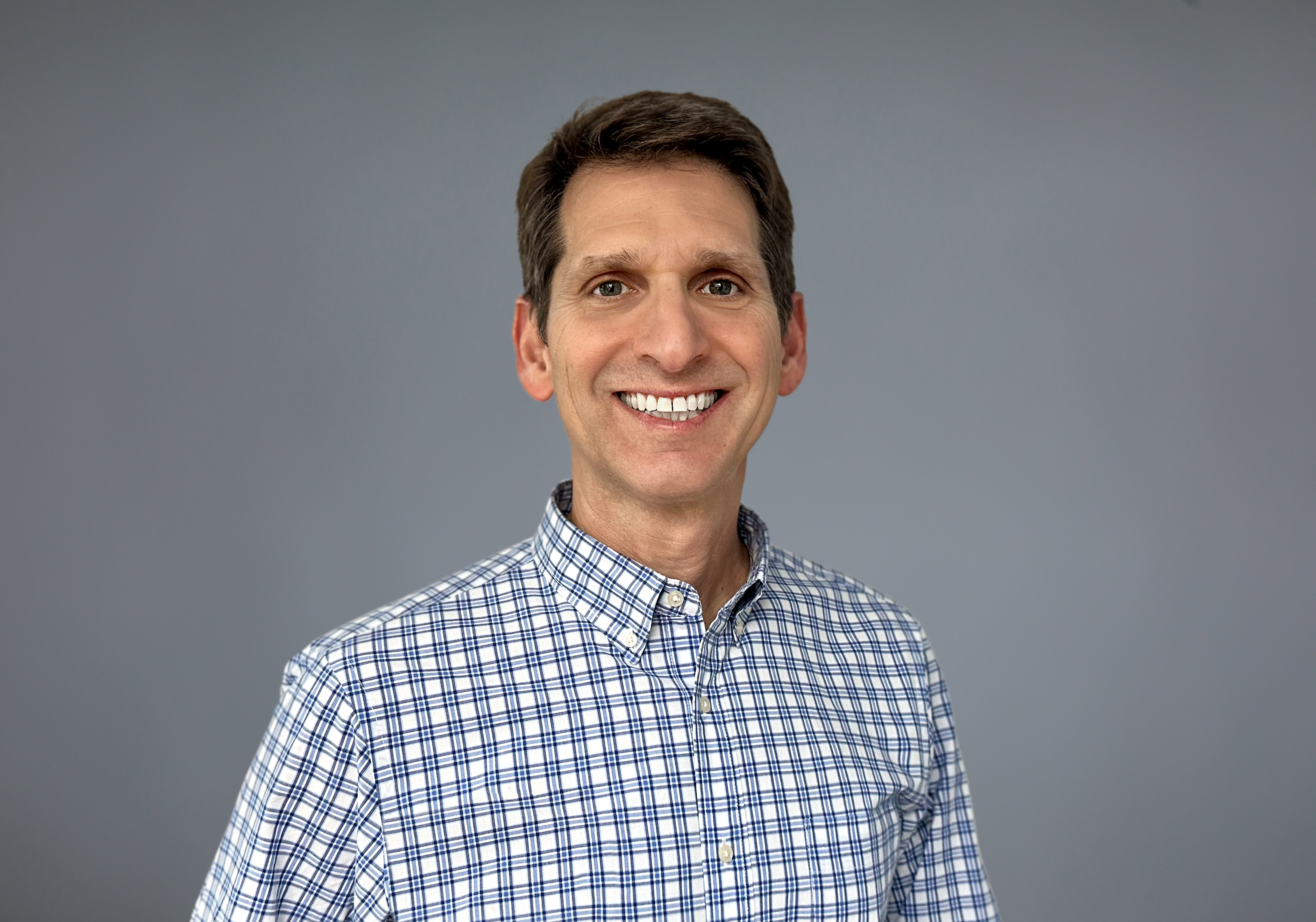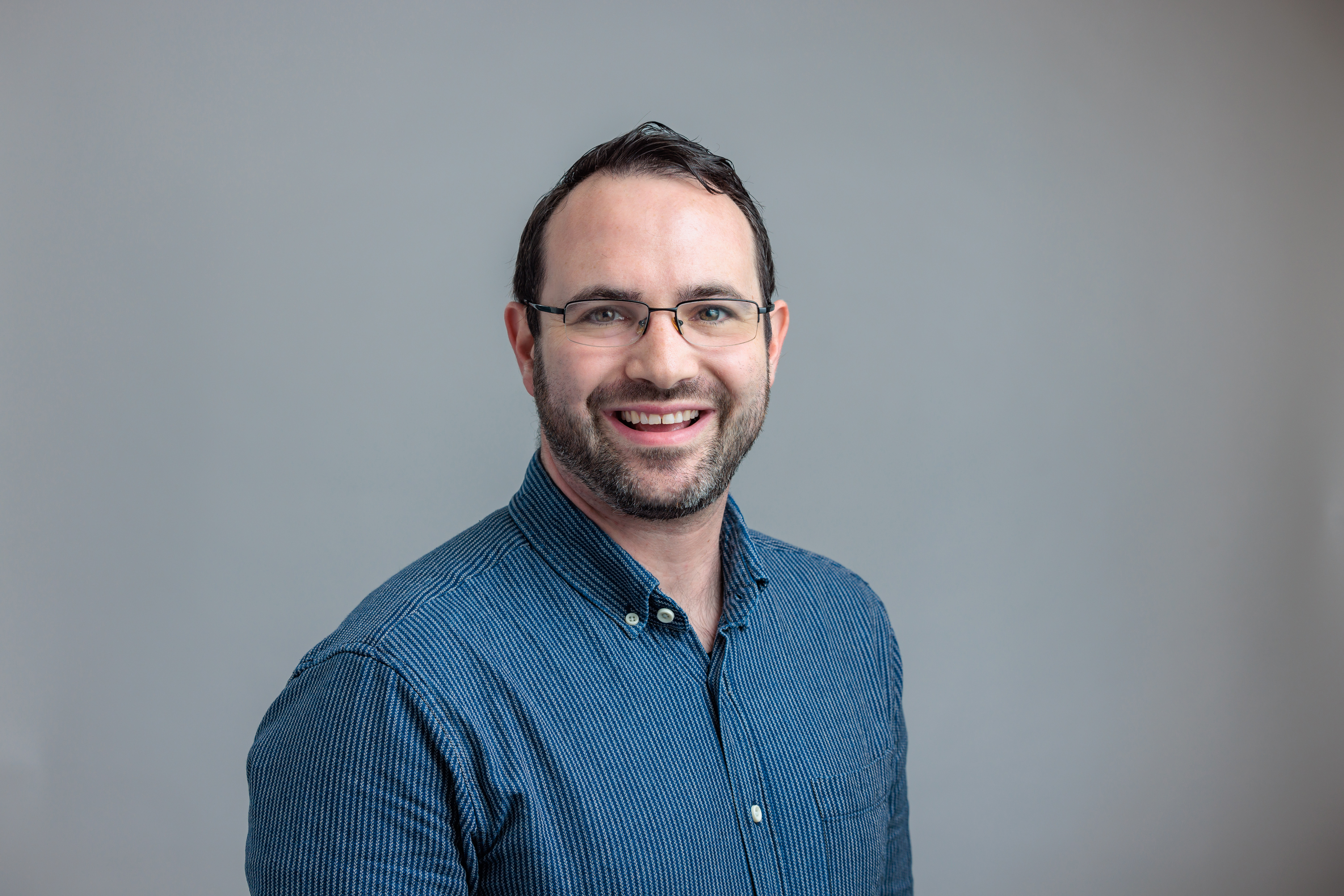LEO Catholic Charities Los Angeles Follow-up Interviews
Challenge
Life gets in the way of education and employment for many youth, even when they are equipped with baseline workforce preparedness skills.
Higher levels of education correspond to higher wages, which in turn correspond to improved measures of well-being. Some students who complete high school education still face barriers when entering the workforce. For example, youth who are living in poverty, who are experiencing homelessness, whose parents have lower levels of education, and those who are pregnant or parenting all face barriers that can make it more difficult for them to transition to the workforce.
Workforce development programs — which may include skills and job training, introductory work experience, or community college classes — are a potential solution to these obstacles. However, there is no evidence from randomized evaluation about the effectiveness of supplemental workforce development. Early research suggests that holistic support, with factors like housing and social relationships, might help youth in their employment transition. More evidence is needed to know precisely what services will improve outcomes for youth facing obstacles outside the classroom.
Catholic Charities of Los Angeles (CCLA) provides workforce development services to youth who are facing barriers to employment through a 12-month program called Archdiocesan Youth Employment Services (AYE). Youth are considered to have successfully completed AYE if they are entering post-secondary education, employment, apprenticeships, or military service. However, CCLA believes that many AYE participants would benefit from additional support after those 12 months.
Solution
NORC will conduct post-intervention follow-up interviews with caregivers and children.
To provide this support, CCLA will offer the Conrad Career Associates program to AYE graduates for 3 years after program graduation. Services offered include help finding housing, connection to education, assistance with the cost of education, support in developing life skills, help making a career plan, and more. Supporting youth in the transition to full economic participation can lead to significant benefits for the youth and their communities.
NORC will collect the follow-up data to support this evaluation of the impact of this intervention at the one-year and three-year post-intake intervals, conducting online surveys with both experimental groups of participants over the next several years for youth who did and did not participate in the intervention program.
Result
This research will help to inform decisions to expand programs to more youth.
The information collected in the follow-up interviews over time will be combined with data collected during the intervention. If the data shows evidence of this intervention being effective in improving outcomes, these findings will help with the ability of the Catholic Charities program to expand and ultimately prepare more youth to enter and stay in the workforce successfully.
Learn More About the Study
Visit the project page on Notre Dame University’s Wilson Sheehan Lab for Economic Opportunities (LEO) website.
Related Tags
Project Leads
-
Jeff Dominitz
DirectorProject Director -
Lauren E. Seward
Senior Research DirectorSenior Staff -
Benjamin Schapiro
Research ScientistSenior Staff









